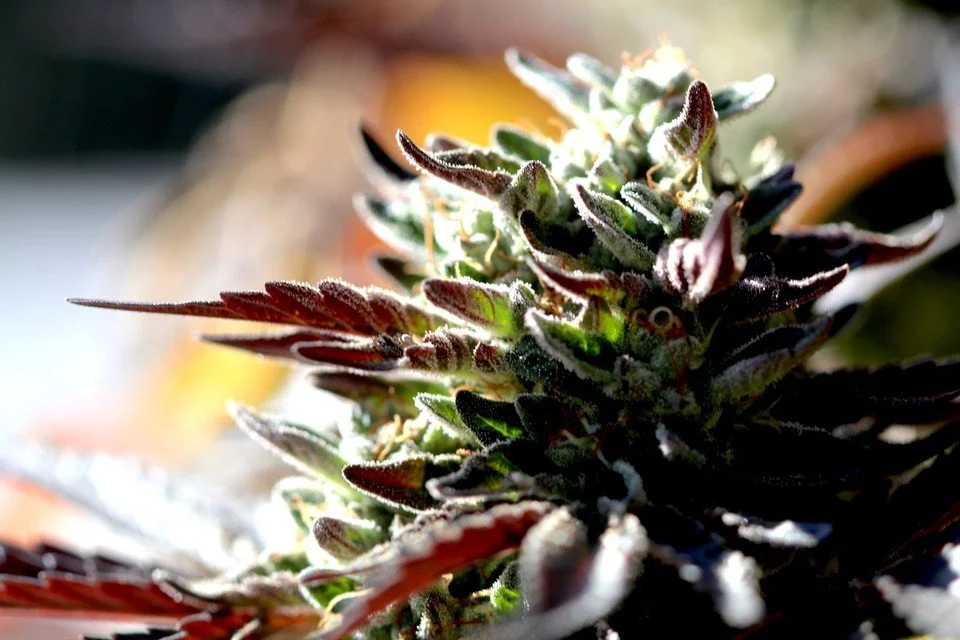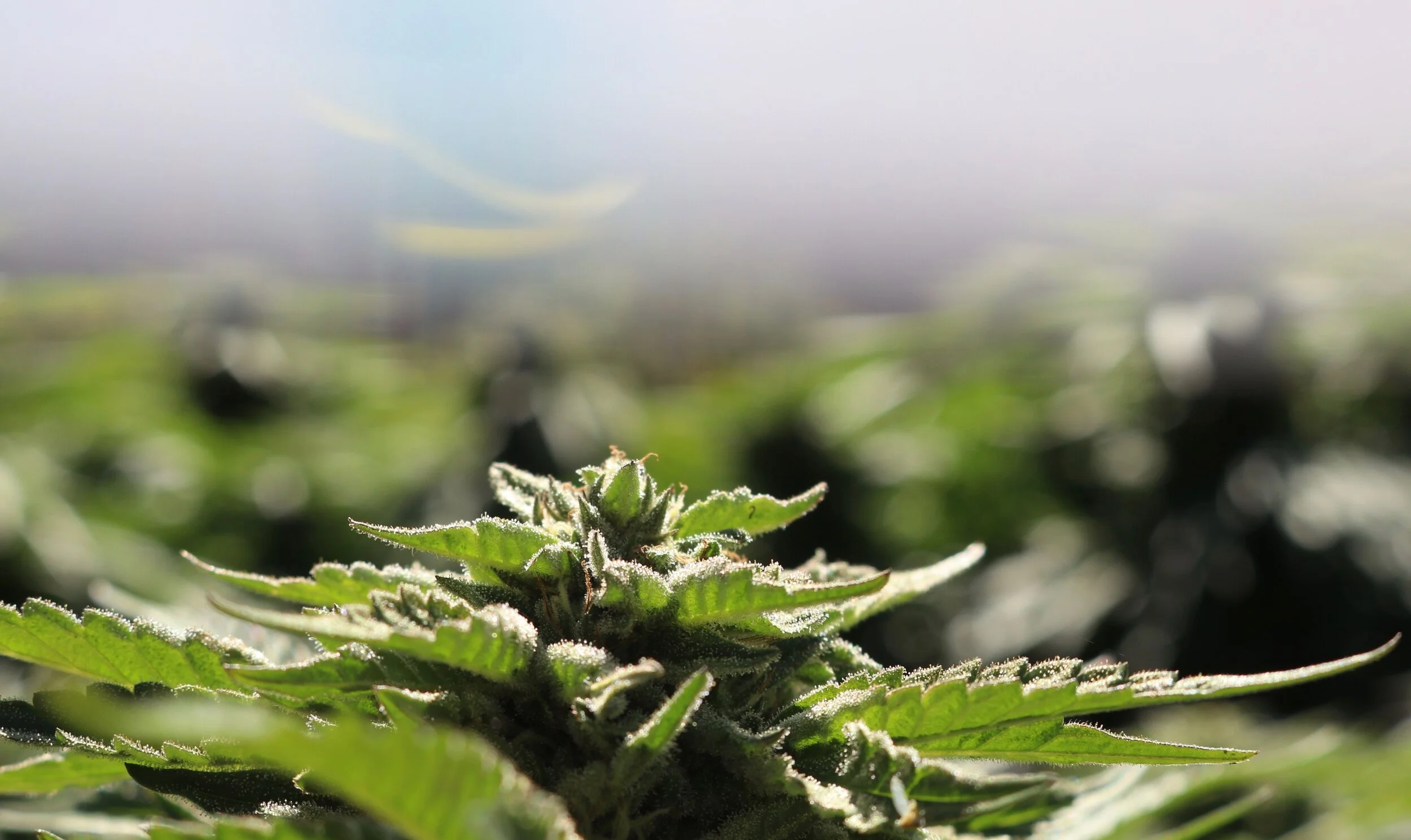Working with our plants is meditative for most of us cannabis farmers. Our hands caked in dirt, lined along the underneath of our fingernails, our breath lengthened while we physically work in the fields, and our noses filled with the sweet aroma of live buds ripening with the sun. All are centering thoughts for us with a passion for cultivating cannabis, but it doesn't just stop there. While using organic nutrients and pest management techniques has been the standard for Giving Tree Farms since the beginning, our understanding of why this is important to our planet and consumer's health continues to grow each year.
The Power of Scale
This year has taught us many things so far, both personally and professionally. When the normal day-to-day was flipped upside down and COVID-19 said its hello, our weaknesses were highlighted and our strengths had to be fully utilized. But what these times have also shown us is the power we have when we work together. We now have proven data to display our potential in numbers, pointing to how we can flatten a curve simply by all agreeing to stay inside. But this strength in numbers idea doesn't have to be limited to our 2020 pandemic. Instead, we can rise out of this challenge with wisdom and new knowledge. We can use this opportunity to shape our futures, molding it into the reality we've always wanted to see.
Controlling Your Entire Process from Clone/Seed to Harvest - Can a Cooperative Help?
As farmers, we take pride in our cultivation process. We have learned through many harvests what works and what doesn't, and we are always improving our methods. How we take matters into our own hands decides the height of our success, so it's smart that we look from every angle to find the best possible solution to our puzzle, cycle after cycle.
Growing With Integrity - Your Genetic Selection and Library
As commercial cannabis cultivators, we know the importance of choosing great genetics. It’s one of the essential factors to consider when planning for our next cultivation cycle, and it could decide our level of success come harvest time. Without great genetics, crops can be weak, the outcome can be wildly unpredictable, and in turn, trust can be lost with regular buyers. But the idea of great genetics in a commercial environment goes beyond what strains simply intrigue us. While we like to try specialty crosses and dabble in the connoisseur market, those don’t always produce high yields or the high potency our legal cannabis market asks for. We run a business after all. We need to supply what the customer demands if we hope to sell our inventory.
Can the Small Local Farmer Thrive In Today’s Legal Industry?
In 2018, California cannabis retail stores sold $2.5 billion of cannabis products. That’s a lot of cannabis! With numbers that big, you can bet your bottom dollar large corporate companies will want their share. The California cannabis market is vast and growing. The market is expected to reach $7.7 billion by 2022, and more cannabis will be needed to supply the increasing amount of consumers. While an up in demand will increase a need for a more abundant supply, it puts increased pressure on farmers to provide large batch amounts. Fewer transactions for distributors means less time and money spent on obtaining products. They are looking for suppliers that have hundreds, even thousands, of pounds to sell at a time, so how can the small farmer, one with 10,000 sqft or less of cultivation space, expect to supply enough to make the distributor’s time worthwhile?
A Quick Guide to Forming Your Own Cannabis Cooperative in California - Part 2 of 2
Starting a California cannabis cooperative is no easy task, but the benefits are worth it. As a group of Mendocino cannabis farms, my co-op has seen tremendous value from the contributions of our members. Agriculture cooperatives are imperative for many small farmers to stay in business, so let's take a look at what goes into the cooperative model and how you can get the most out of it.
Why Buying From a Cooperative May Be the Best Move For Your Business
Sustainable cannabis is growing in popularity among consumers as the public becomes educated on the environmental effects of old and wasteful farming methods. The same can be said about organic cultivation methods, though there isn't a recognized state-wide organic certification for cannabis at this time. Since the consumer base is shifting their decisions to buying products with responsible backgrounds, distributors must also shift their buying motivation to supply the retailers with what they truly need. They now need to look for cultivators who practice sustainable farming methods that align with their evolving consumer base. Cannabis cooperatives may be the answer.












